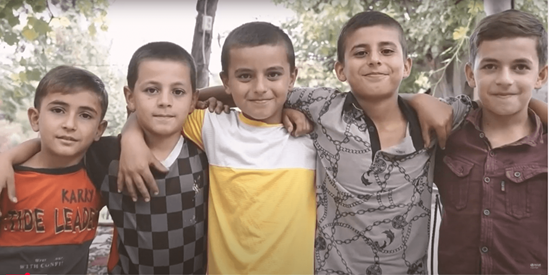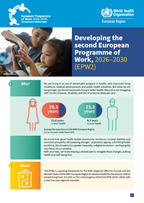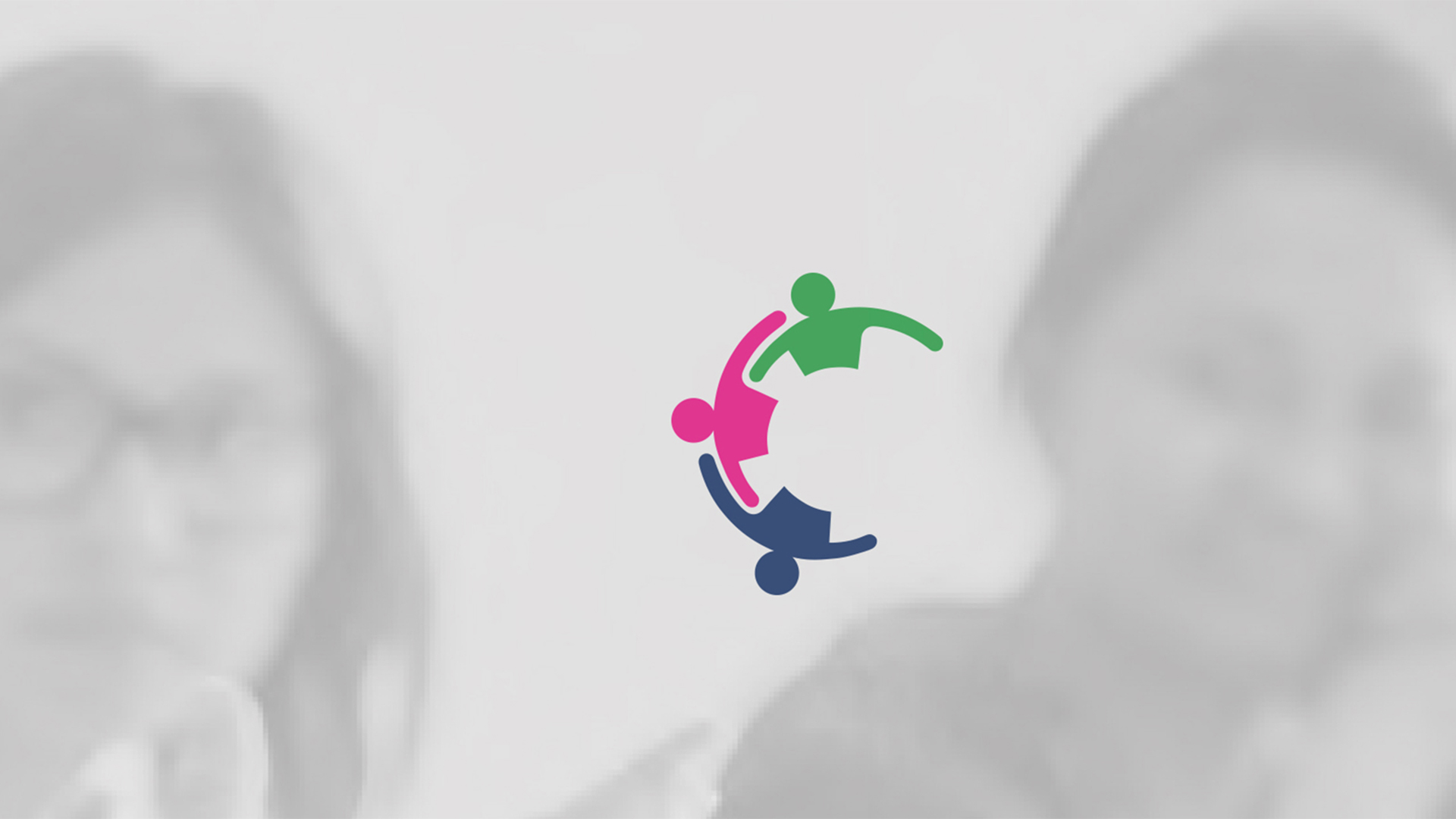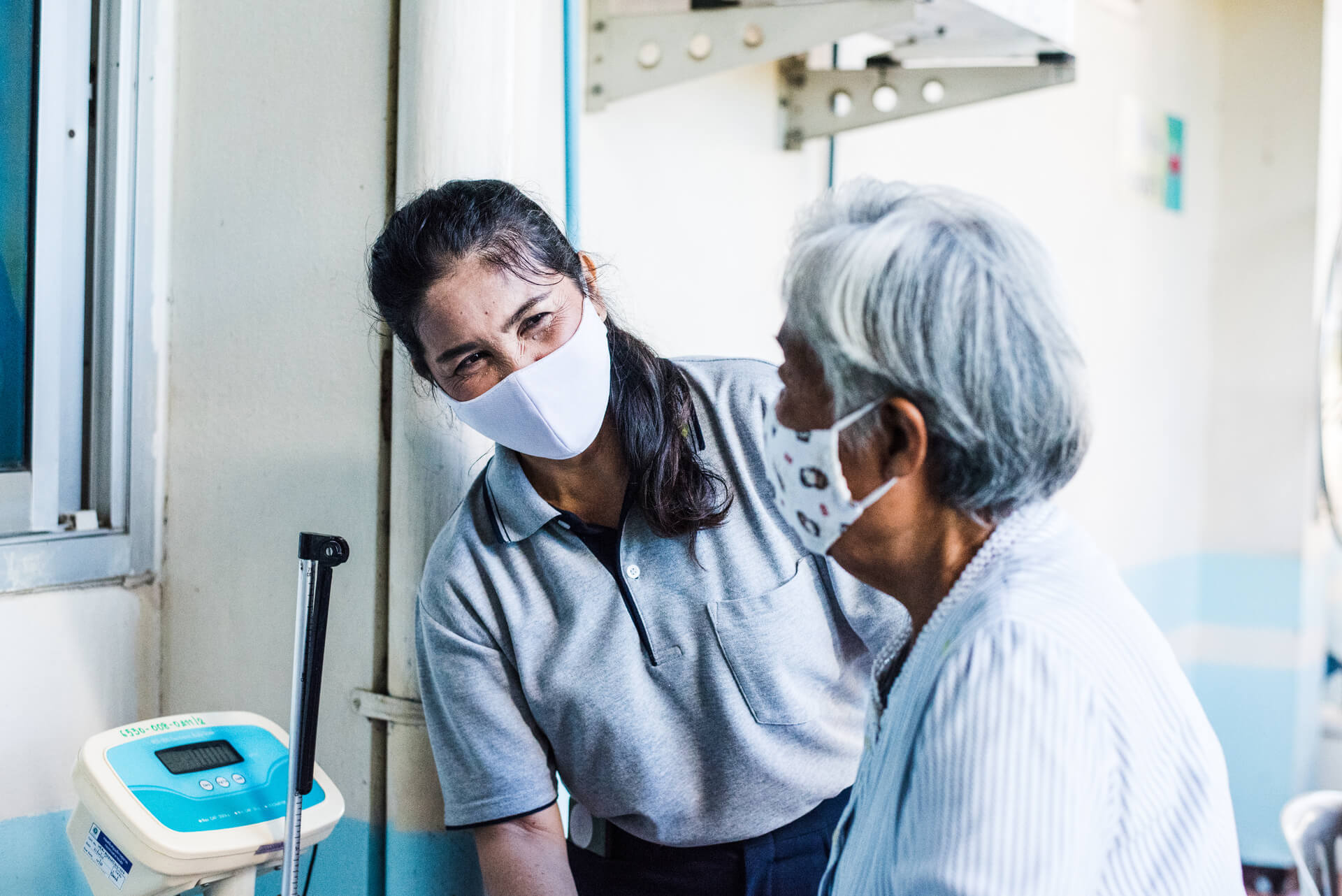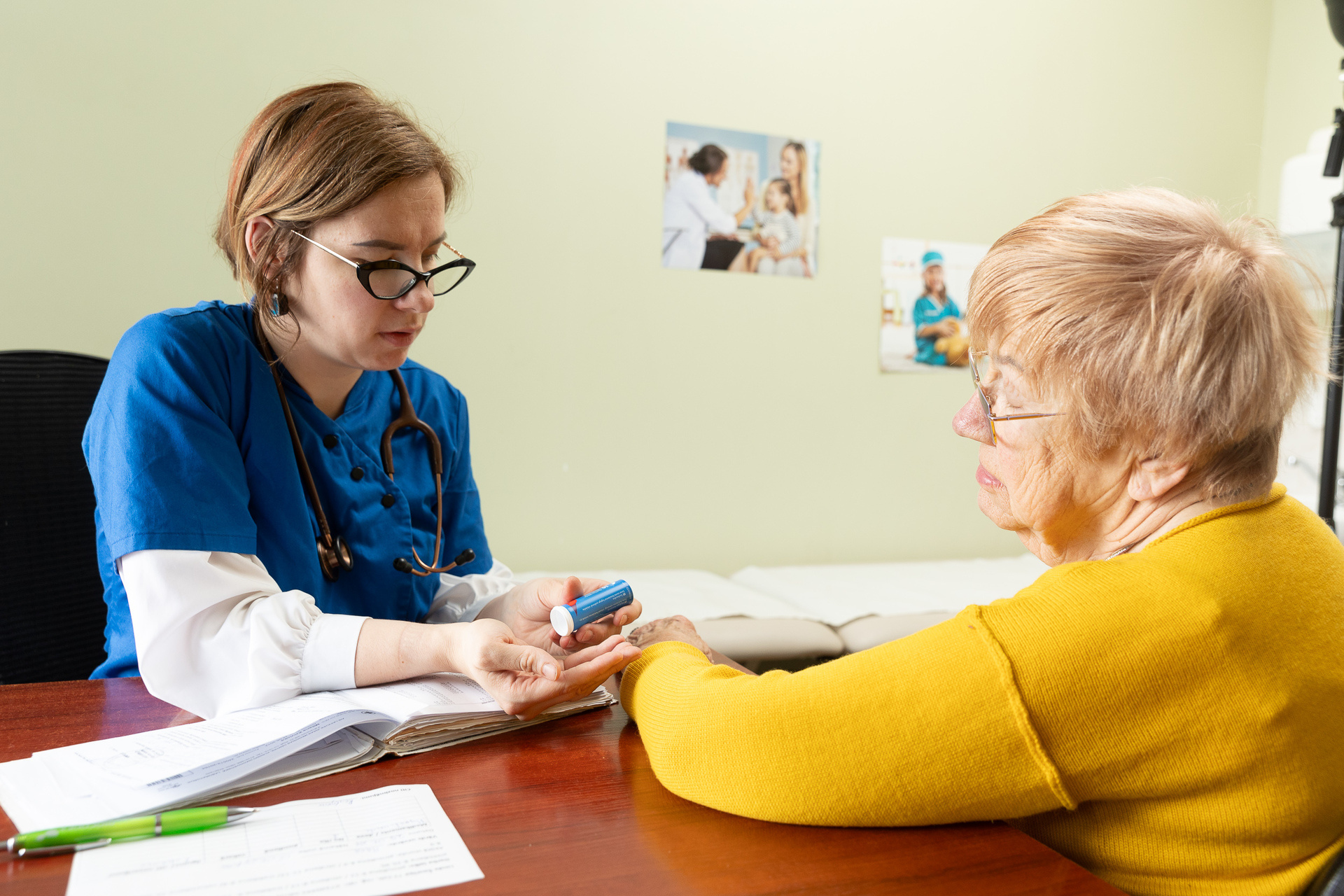Developing the Second European Programme of Work
Complex, interconnected crises, the revolution in artificial intelligence, ageing societies, loneliness, a breakdown in trust in science and in authorities: the WHO European Region is experiencing a time of unprecedented change and turmoil.
Recognizing these stark realities, WHO and Member States of the Region began an ambitious and exciting journey at the end of 2024 to map out the health priorities and collective action needed to provide, promote and protect health for everyone in the coming years, and prepare health systems for the long-term opportunities and challenges ahead.
This became the Second European Programme of Work 2026–2030 (EPW2).







